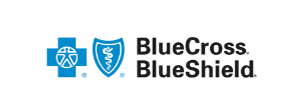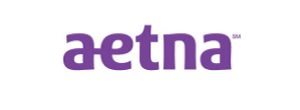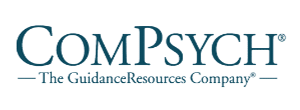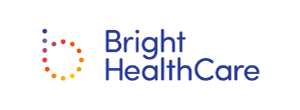Drug Addictions We Treat
Drug addiction is a brain disease that makes it very difficult to stop taking drugs, even if someone wishes to. The first step to drug addiction treatment is seeing the possibility of help.
An estimated 375,000 Tennessee residents struggled with drug or alcohol addiction in the past year.
Southeast Addiction Center Tennessee is helping Tennessee fight the deadly disease of addiction. People know Tennessee for its scenic beauty, Southern charm, and bustling music scene. Yet, it has also been affected by the darker side of societal issues arising from the ongoing drug epidemic that has affected much of the country.
Tennessee’s overdose (OD) death rate is 31.2 out of every 100,000 residents. This is 50.72% higher than the national average OD death rate. 2.97% of nationwide OD deaths occur in Tennessee.
Drug abuse has torn apart many individuals and families. The result is devastating consequences for themselves and their loved ones. Addiction also strains the state’s healthcare and criminal justice systems.
What Is Drug Abuse and Addiction?
Addiction to drugs is also known as substance use disorder (SUD). Substances such as alcohol, marijuana, and nicotine are also considered drugs. When someone becomes addicted, they cannot stop their addictive behaviors even if they want to stop. Drug abuse usually starts recreationally in social situations and progressively becomes more frequent. Others may start misusing drugs when they are prescribed needed pain medication, such as opioids, and then begin to seek pain-relieving drugs illegally when their prescription runs out.
Commonly Abused Drugs
Each drug carries its own risk for addiction, and the time it takes to become addicted will also vary. Opioids, for example, have a higher risk for abuse and other substances.
Generally, the most frequently abused substances that we treat include:
Effects of Drug Addiction on The Brain
Over time, individuals misusing drugs will need larger and larger doses to achieve the same pleasant effects their initial amount once gave them. As the dose increases, most people will notice that it becomes increasingly difficult to go without the drug. When they attempt to stop using, they’ll experience intense cravings that may make them physically sick. This is what’s known as withdrawal.

Symptoms of a Substance Use Disorder (SUD)
The exact physical symptoms someone experiences will depend on the drug. But some general signs span the many drug classes.
These include:
- Feeling the need to use the drug regularly
- Needing more of the drug to feel ‘normal’
- Making sure you always have a supply
- Spending money on the drug even if you can’t afford it
- No longer meeting work, school, or family obligations
- Continuing to use the drug despite the trouble it’s causing
- Failing at your attempts to quit
- Experiencing withdrawal when you try to stop
If you suspect someone you love is struggling with drug abuse, they may exhibit the following:
- Physical health issues – little motivation or energy, weight loss or gain, or bloodshot eyes
- No longer caring about their personal appearance – No longer grooming or caring for themselves or their clothes
- Problems at school or work – frequently absent, suddenly disinterested, a significant drop in grades or performance
- Behavior changes – Calls for privacy, teenagers barring parents from their room, increased secrecy, and changes in friends
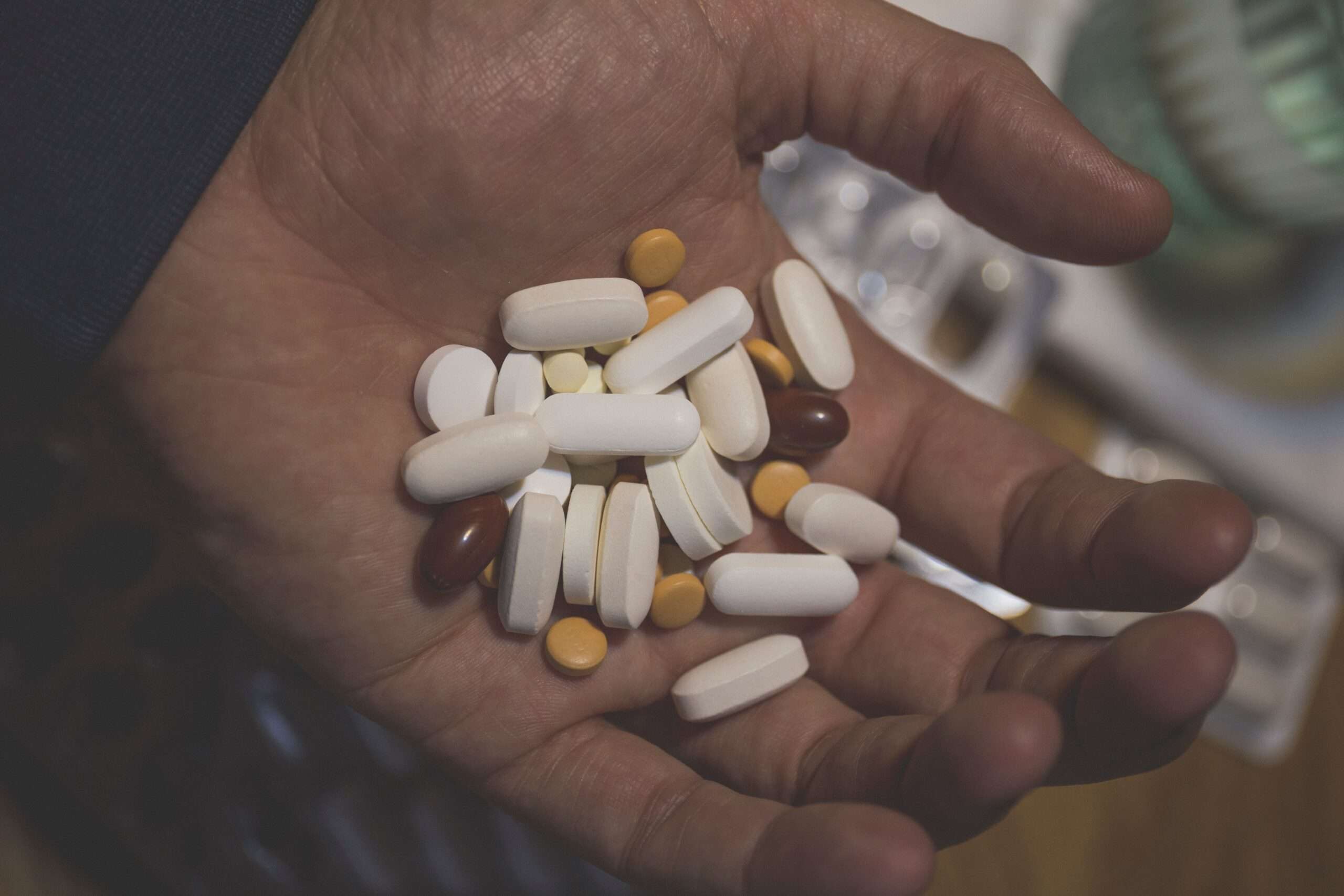
Drug Addiction Treatment Options
Drug rehab centers can provide various levels of care depending on the condition. For those with more intense substance abuse, they may be recommended to a partial-hospitalization program (PHP) or residential/inpatient treatment.
Residential/inpatient programs are designed so that someone going through treatment lives at the treatment facility. Partial-hospitalization programs or PHPs offer a similar amount of treatment (a full day, 5 days a week) but differ in that patients can return home at night or to a supportive, sober living environment. Both types of treatment have advantages and they represent the higher intensity end of the spectrum.
Outpatient programs are also available at different intensity levels, such as intensive outpatient programs (IOP) and standard outpatient programs (OP). Patients may attend these after completing an inpatient or PHP program or they may start at one of these less intensive levels if their need is not as acute.
We Cover Every Level of Care
Like Nashville’s grit in the face of challenges, Southeast Addiction Center Tennessee hits all the right notes with our integrated treatment programs. Our range of inpatient and outpatient services is designed to support the needs of each client. Our hardworking team is committed to helping individuals on their journey to recovery.
Through our treatment plans, results-backed therapies, and ongoing support, we assist our clients in achieving lasting recovery and regaining control of their lives.
Importance of Treating Substance Abuse in Tennessee
It can seem impossible to kick an addiction alone, especially when your body and mind have become dependent on the substance. Withdrawal symptoms will have you singing the blues to the tune of extremely uncomfortable, painful, and life-threatening side effects, depending on the substance.
That’s why Southeast Addiction Center Tennessee, nestled in the scenic city of Nashville, Tennessee, offers a range of programs. We are equipped with the latest techniques to enable you to reclaim your life and explore the beauty of Tennessee with clarity.
Get the Help You Deserve
If you’re ready to leave your addiction in the dust, we can’t wait to show you the ropes to lasting recovery. Join us at Southeast Addiction Center in Nashville. It’s time to write a new chapter on resilience and rejuvenation.
Contact us today by phone at (833) 605 1278 or reach out by email at [email protected]. The call is free and confidential. Together, we can help Tennessee get back on its feet again.
Our Programs
About Us



